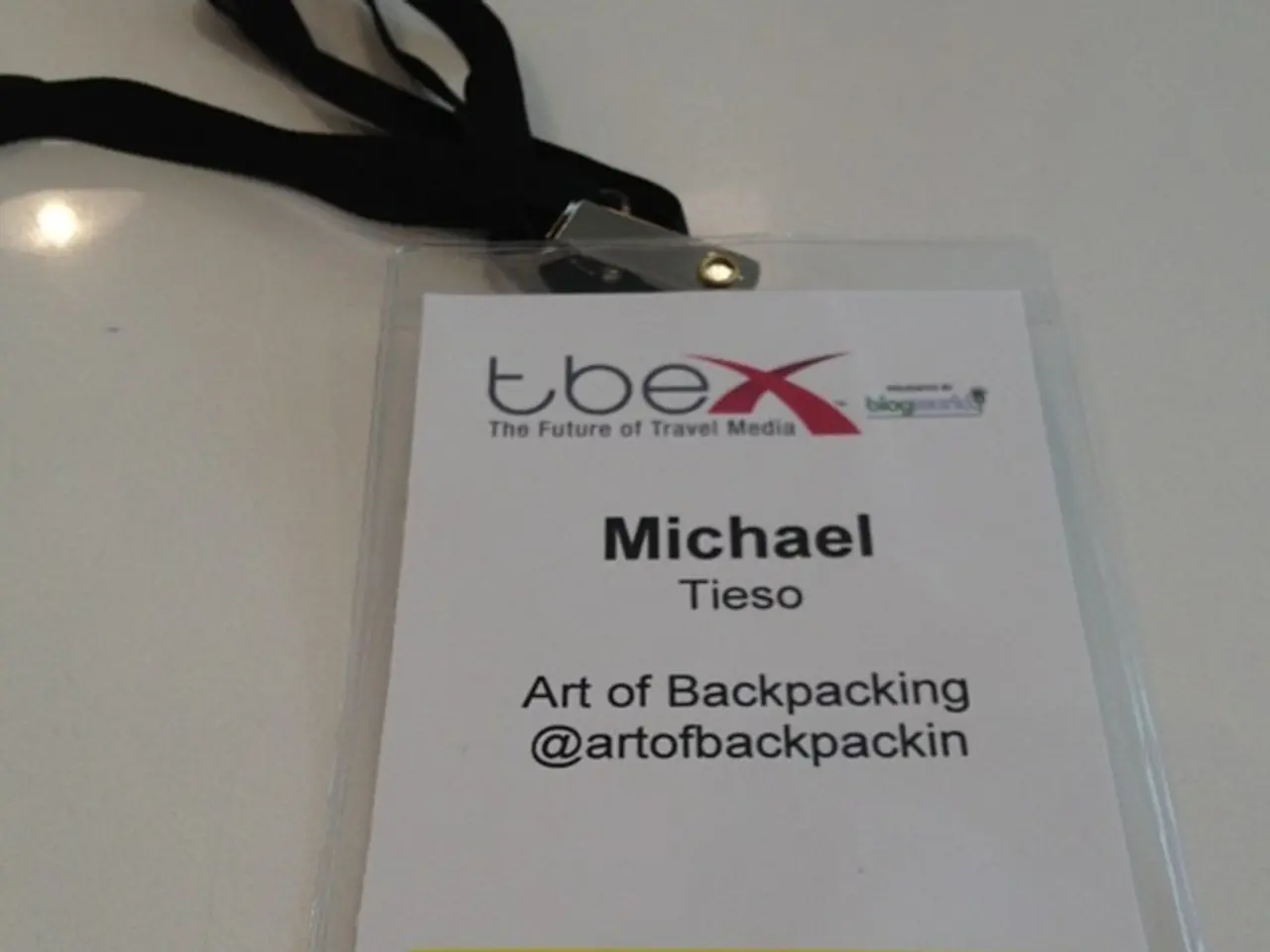'Tech enthusiasts launch crusade against proposed legislation aimed at controlling the use of artificial intelligence'
American Innovators Network Opposes New York's AI Regulations
New York is considering new regulations for artificial intelligence (AI), and a coalition of early-stage AI startups and venture capital firms, known as the American Innovators Network, is voicing opposition to these measures. The coalition argues that the proposed regulations are too broad, extraterritorial, and burdensome, and could potentially harm the future of responsible AI, startup jobs, and open technological access in New York.
The RAISE Act, sponsored by state Sen. Andrew Gounardes and Assembly Member Alex Bores, requires large AI developers to create safety protocols for their cutting-edge, large-scale machine learning models and introduces penalties should they fail to meet requirements. The Act also requires transparency for data used to train generative AI models, as proposed by Gounardes and Bores.
However, the American Innovators Network sees these regulations as potentially stymieing competition in the AI industry. They argue that the bills may discourage innovation, restrict open source development, and consolidate power for "big tech." The Network is urging lawmakers to revise the bills to foster responsible innovation that does not stymie competition.
The Network's concerns are not limited to the RAISE Act. They have also sent a memo of opposition to the New York Artificial Intelligence Act, sponsored by state Sen. Kristen Gonzalez, which requires artificial intelligence developers to ensure ethical and transparent AI while adding reporting requirements.
The Network argues that these bills may result in a patchwork of conflicting state-level regulations, increasing legal uncertainty and costs for AI developers, especially those operating across multiple states or internationally. They believe that such fragmentation contrasts with a unified federal approach, which would better balance safety concerns with innovation incentives.
The Network's opposition is rooted in concerns that stringent state-level rules like the RAISE Act will slow AI innovation in the U.S. by escalating compliance burdens without clear, practical benefits. They see the rejection of a federal moratorium on state AI regulation as a missed opportunity to create a coherent national framework, leaving the U.S. vulnerable to fragmented, inconsistent laws.
State Sen. Kristen Gonzalez and other lawmakers view the proposed regulations as common-sense legislation that would clearly define requirements and repercussions for artificial intelligence developers in New York. Gounardes compared the lack of regulation in the AI industry to not putting a seatbelt or an airbag at 150 miles an hour in a car.
The American Innovators Network plans to invest north of six figures to raise awareness about the harm they fear the bills will cause. The Network's opposition to the regulations has been echoed by some in the industry, including Sam Altman, who had previously called for increased regulation.
Andreessen Horowitz, a venture capital firm within the American Innovators Network, has come under scrutiny for hiring Daniel Penny, who was acquitted for the subway death of Jordan Neely last year. The Network's focus on AI regulation may serve as a distraction from this controversy.
Creating a safe artificial intelligence environment for consumers has been a focus for state lawmakers for several years. The debate over AI regulation in New York is likely to continue as lawmakers weigh the benefits of safety and transparency against the potential risks of stifling innovation.
The American Innovators Network, in the midst of New York's consideration of AI regulations, believes that the proposed measures, such as the RAISE Act and the New York Artificial Intelligence Act, may unnecessarily restrict artificial-intelligence innovation, potentially hindering open technological access and startup jobs. The Network argues that these regulatory bills, if passed, could lead to a patchwork of conflicting state-level regulations, increasing legal uncertainty and costs for AI developers, thereby slowing AI innovation in the U.S. and potentially stymieing competition.




